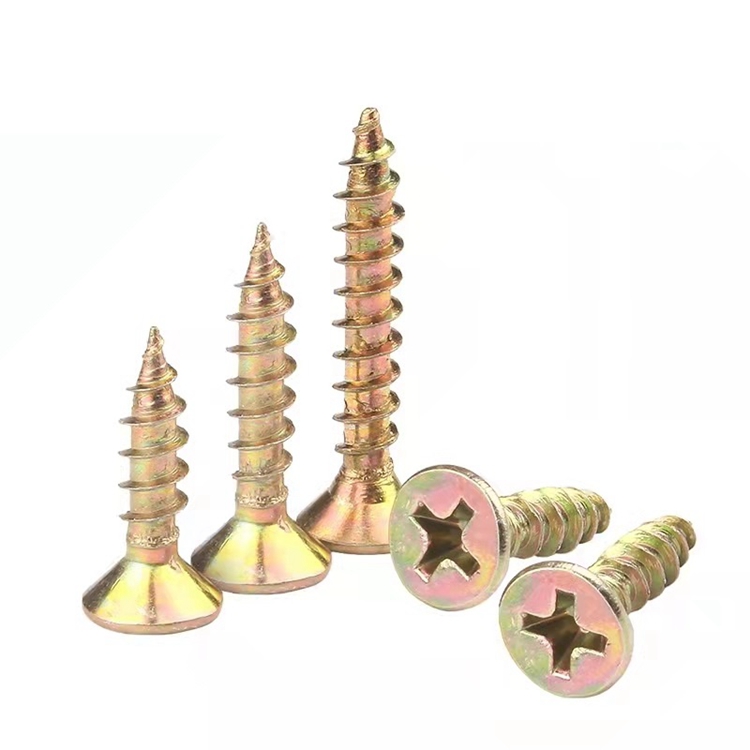custom reduced stem hex bolt
Dec . 12, 2024 21:57 Back to list
custom reduced stem hex bolt
Custom Reduced Stem Hex Bolt Enhancing Application Versatility
The world of fasteners is vast, yet specific applications demand tailored solutions. Among these specialized fasteners is the custom reduced stem hex bolt, a component engineered for unique requirements across various industries. Understanding what these bolts are, their applications, and their manufacturing considerations helps in making informed decisions for projects that require dependability and precision.
What is a Custom Reduced Stem Hex Bolt?
At its core, a hex bolt is a type of fastener characterized by its hexagonal head, which allows for easy installation using a wrench. The traditional hex bolt features a shank of uniform diameter; however, the custom reduced stem hex bolt incorporates a reduced diameter stem or shank. This innovation provides several advantages, such as weight reduction, improved flexibility within certain assemblies, and the ability to fit into tighter spaces.
The custom aspect refers to the bolt's ability to be manufactured according to specific dimensions, material properties, and coatings that suit particular requirements. Whether for aerospace, automotive, construction, or machinery applications, a bespoke approach to bolt design enables engineers to maximize efficiency and performance.
Applications of Custom Reduced Stem Hex Bolts
The versatility of custom reduced stem hex bolts makes them suitable for various applications
1. Aerospace In the aerospace sector, weight savings are paramount. Using reduced stem bolts can contribute to lighter structures without compromising strength, making them a preferred choice for aircraft assembly.
2. Automotive In automotive applications, space is often limited. The reduced diameter allows for bolted connections in confined spaces and simplifies assembly processes, ultimately leading to lighter and more efficient vehicles.
custom reduced stem hex bolt

3. Construction In construction, these bolts can provide robust connections between structural elements while reducing the overall load. This aspect is particularly important for high-rise buildings, where every ounce counts.
4. Machinery Custom reduced stem hex bolts can be utilized in machinery where dynamic tolerances and vibration resistance are critical. Their design allows them to remain snugly in place even under significant mechanical stress.
Manufacturing Considerations
When it comes to manufacturing custom reduced stem hex bolts, several factors must be considered to ensure quality and performance
- Material Selection The choice of material is crucial. Common materials include stainless steel for corrosion resistance, high-strength steel for load-bearing applications, and titanium for lightweight configurations. Each material behaves differently under various environmental conditions, making careful selection imperative.
- Precision Engineering The design must specify tolerances that account for both functionality and load requirements. Advanced manufacturing techniques, including CNC machining, ensure that the bolts meet exact specifications.
- Finishing Options Surface treatments such as plating, anodizing, or coating affect durability and corrosion resistance. Customization can extend to these finishes to suit the operational environment of the bolt.
Conclusion
The custom reduced stem hex bolt exemplifies how specialized fasteners can enhance versatility and performance across a range of industries. By understanding their unique characteristics, applications, and manufacturing aspects, engineers and procurement professionals can select the right fasteners to meet their design requirements. This attention to detail not only ensures the reliability of final products but also contributes to innovation within mechanical design and assembly processes. As industries evolve and demand more tailored solutions, the role of custom fasteners like the reduced stem hex bolt will undoubtedly become more prominent.
Latest news
-
Premium Phosphated Drywall Screws Supplier | Durable, Rust-Resistant
NewsAug.27,2025
-
Reliable Wire Bolts Suppliers | Quality Zinc Plated Fasteners
NewsAug.26,2025
-
Wire Bolts Suppliers: Durable & Reliable Fasteners for Every Project
NewsAug.25,2025
-
Premium Cabinet Bolts Supplier | Wholesale & Custom Solutions
NewsAug.24,2025
-
Reliable Axle Nuts Supplier | Quality & Precision Fasteners
NewsAug.23,2025
-
Durable Bolts for Lawn Mower Handle - Top Supplier & Manufacturer
NewsAug.22,2025
